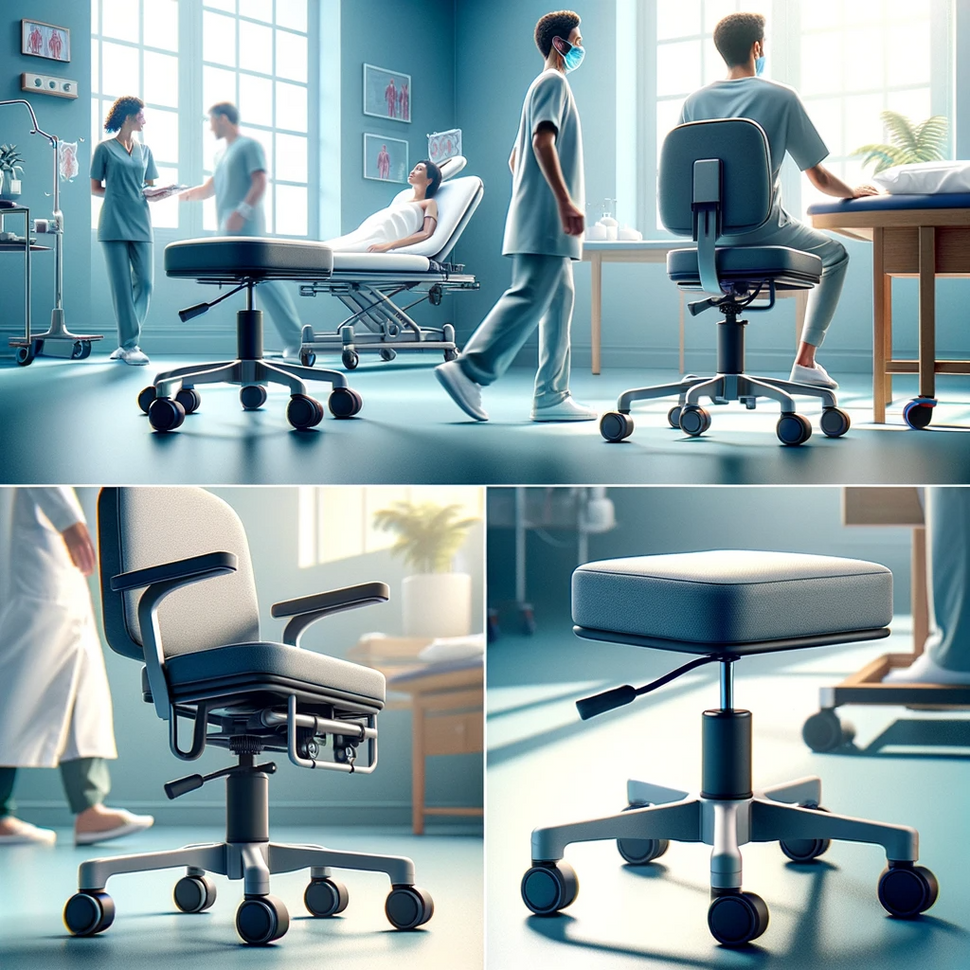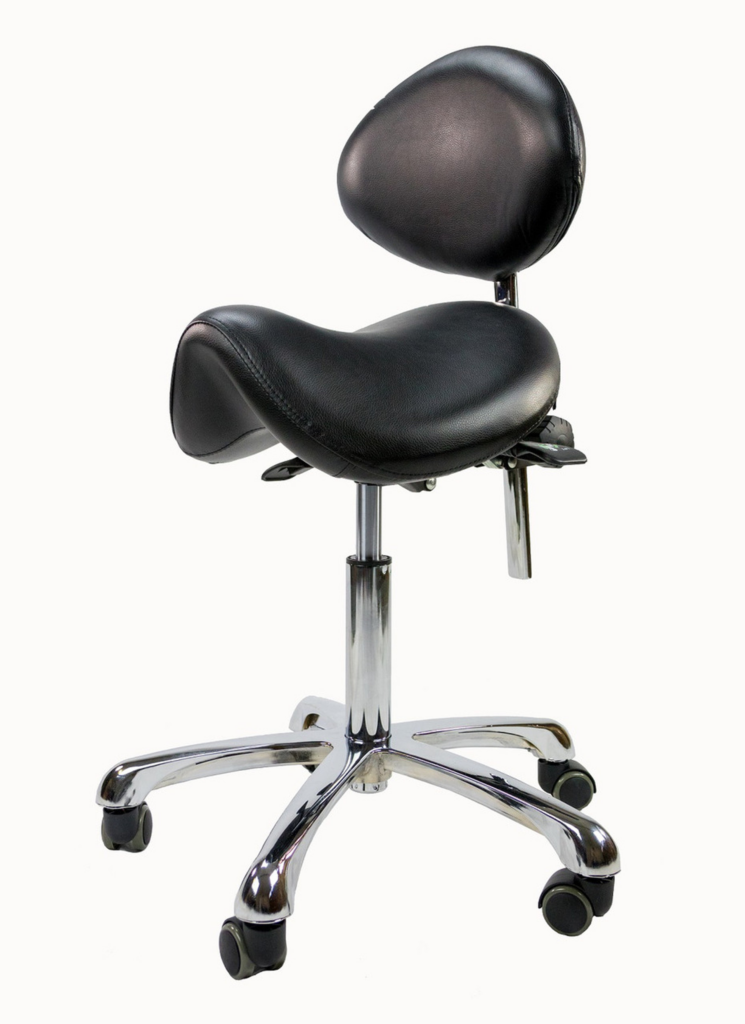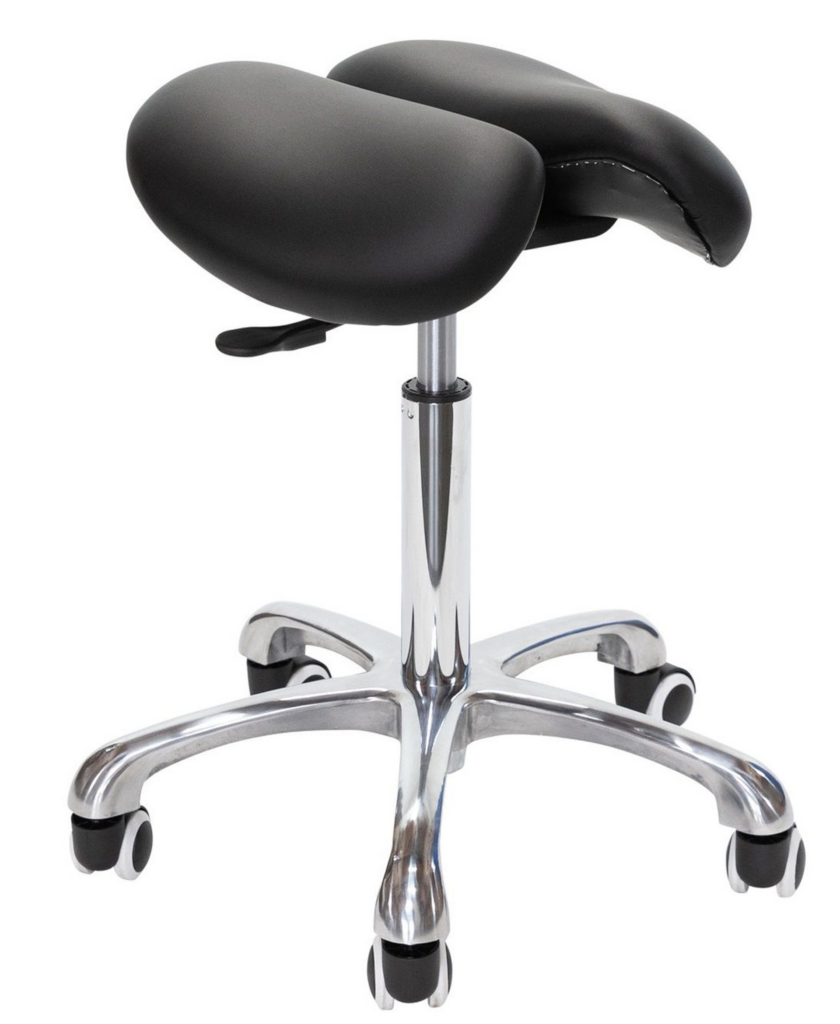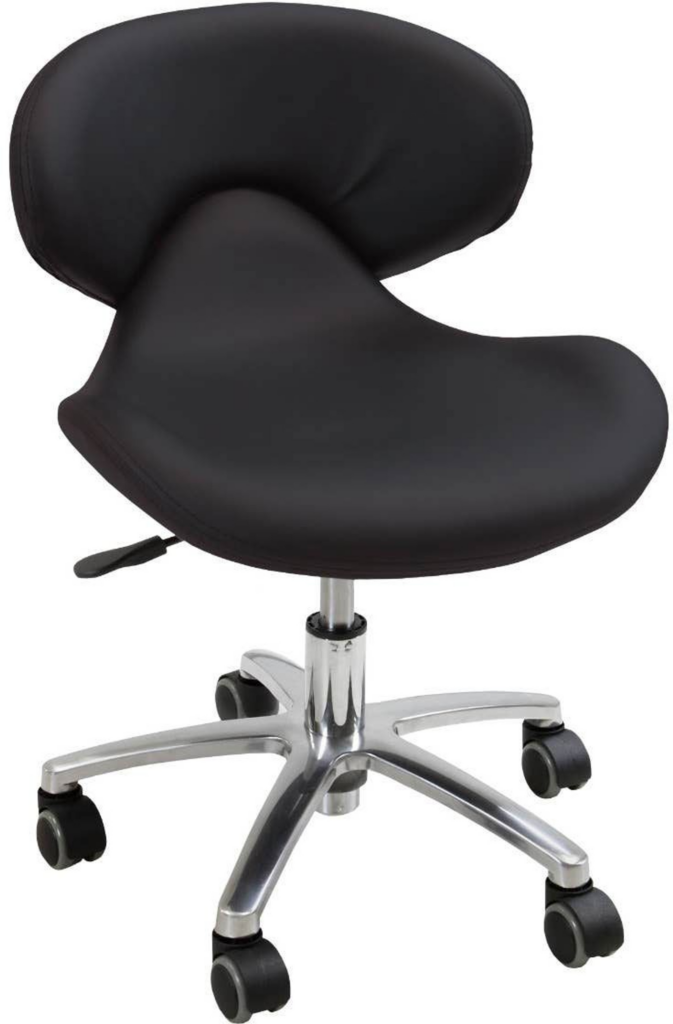
Optimizing Therapist Mobility: Evaluating Rolling Stool Chairs for Clinical Use
Posted by The MassageTools Team on Jan 4th 2024
In the bustling world of beauty and spa industries, optimizing therapist mobility remains a cornerstone of efficient practice. Whether it's in a physical therapy clinic, around an electric massage table, or a luxury spa bed, the ability to move seamlessly around the client is paramount. Introducing the rolling stool chair to a professional’s toolkit could mark the difference between a good session and a great one. Let’s dive into why this piece of equipment is rising in prominence and how it can benefit clinical use.
The integration of rolling stool chairs enhances the nimbleness of massage table therapists, beauticians, and spa professionals. As we evaluate their application in clinical settings, it becomes clear that these tools accommodate a wide array of treatments without sacrificing comfort or therapist posture.
Table of Contents
- The Importance of Mobility for Therapists
- Features to Look for in Rolling Stools
- Ergonomic Benefits and Productivity
- Investment in Quality and Performance
- The Impact of Design on Mobility
- Durability Meets Clinical Demands
- Adapting Stools for Diverse Clinic Settings
- Review of Professional Stools
- Conclusion
The Importance of Mobility for Therapists
The bustling environment of a clinic or spa commands high mobility. Therapists must navigate around clients and Treatment Chair equipment swiftly. A rolling stool with an ergonomic design allows for such fluid movement. Not only does it minimize the physical strain on the therapist, but it also optimizes the time spent during a session.
Features to Look for in Rolling Stools
When selecting a rolling stool chair, consider several essential features. A stool must offer adjustable height to cater to varying therapist and client sizes. It should also feature a padded seat for comfort during prolonged periods of sitting. Wheels that glide quietly and effortlessly are crucial as well.
Moreover, the stool’s base must be sturdy to prevent tipping and accidents. The materials used should be high-quality and easy to clean, ensuring long-term durability and hygiene in a clinical environment.
Ergonomic Benefits and Productivity
Therapist health is just as important as client care. An ergonomically designed stool aligns with a therapist’s body to prevent musculoskeletal issues. This can lead to reduced absenteeism due to work-related injuries. For instance, one study found that ergonomic interventions like the use of well-designed stools can reduce the risk of back pain among healthcare workers by up to 45%.
Stools that support proper posture result in increased productivity. A therapist who is comfortable can perform longer sessions and maintain high-quality service throughout the day. This improves client satisfaction and sets a precedent for excellence in clinical practice.
Investment in Quality and Performance
When it comes to clinical equipment, cutting costs can jeopardize quality. Investing in a high-standard rolling stool pays off. High-performing stools may come with a higher price tag, but they endure rigorous daily use. A durable stool not only serves well over time but also upholds a professional image in the eyes of clients.
It makes financial sense to opt for a stool backed by a warranty and positive user reviews. Statistics show that salons and spas that invest in quality furnishings see a return on investment through reduced replacement costs and customer retention.
The Impact of Design on Mobility
When selecting a rolling stool chair, design plays a pivotal role in therapist mobility. In this section, we’ll explore the specific design elements that enhance mobility and how they contribute to the overall functionality of the stool. From swivel capabilities to the smoothness of wheel rotation, the design has direct implications for a therapist’s ability to maneuver around the clinical space.
Durability Meets Clinical Demands
Working in a clinical environment demands equipment that withstands constant use. The durability of a rolling stool is not to be taken lightly. Here, we discuss the materials and construction that ensure longevity, as well as the importance of selecting a chair designed to handle the daily grind of a busy clinic or spa.
Adapting Stools for Diverse Clinic Settings
Clinics vary in their spatial layouts and the services they offer. Thus, the ideal stool must be adaptable. This section will delve into how adjustable features and versatile designs make stools suitable for different types of therapies and work environments, from small boutique spas with med spa chair setups to large-scale rehabilitation centers.
Review of Professional Stools
Rolling Saddle Stool with Back Support – Spa Luxe
Design and Comfort
The Spa Luxe Rolling Saddle Stool is ergonomically designed for professionals who spend long hours seated. Its comfort is enhanced by a 4-inch cushion, adjustable back support, and a tilt function, making it more than just a desk chair.
Mobility and Versatility
Featuring a five-caster design, this stool is highly mobile, ideal for dynamic settings like spas, salons, and offices. The multiple color options ensure it fits into various decor themes.
Build and Capacity
With a weight capacity of 330 pounds, it boasts a robust build. However, its price of $199 and size requirements might be limiting factors for some buyers.
Rolling Split Seat Saddle Stool – Spa Luxe (MS13D)
Unique Design for Comfort
The split seat design is the hallmark of this Spa Luxe stool, aiding in hip release and lower back relief. This design aspect sets it apart in terms of ergonomic benefits.
Strength and Adjustability
The stool’s chrome finish and sturdy design support up to 400 pounds. Its height adjustability caters to a range of users, though the 2-inch cushion may offer less comfort than thicker options.
Earthlite – Levitate Stool Series
Ergonomic and Durable
The Levitate Stool Series is designed for ergonomic support with extra firm padding. Its Nature’s Touch 100% PU upholstery adds both durability and style.
Customizable for Various Settings
With three height ranges, it’s adaptable for different spa or treatment environments. The stool’s weight capacity of 350 lbs and rolling casters enhance its usability.
Considerations
Priced at $159, it’s a moderately expensive option. The height adjustment range varies across models, which might impact its suitability for certain users.
Conclusion
In summary, integrating rolling stool chairs into clinical settings elevates the synergy between therapist and client. It fosters a productive, comfortable, and safe environment, underlining the core mission of exceptional care. By optimizing therapist mobility, we set the foundation for a thriving practice that prioritizes well-being and superior service.






